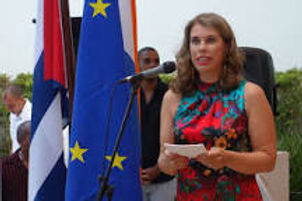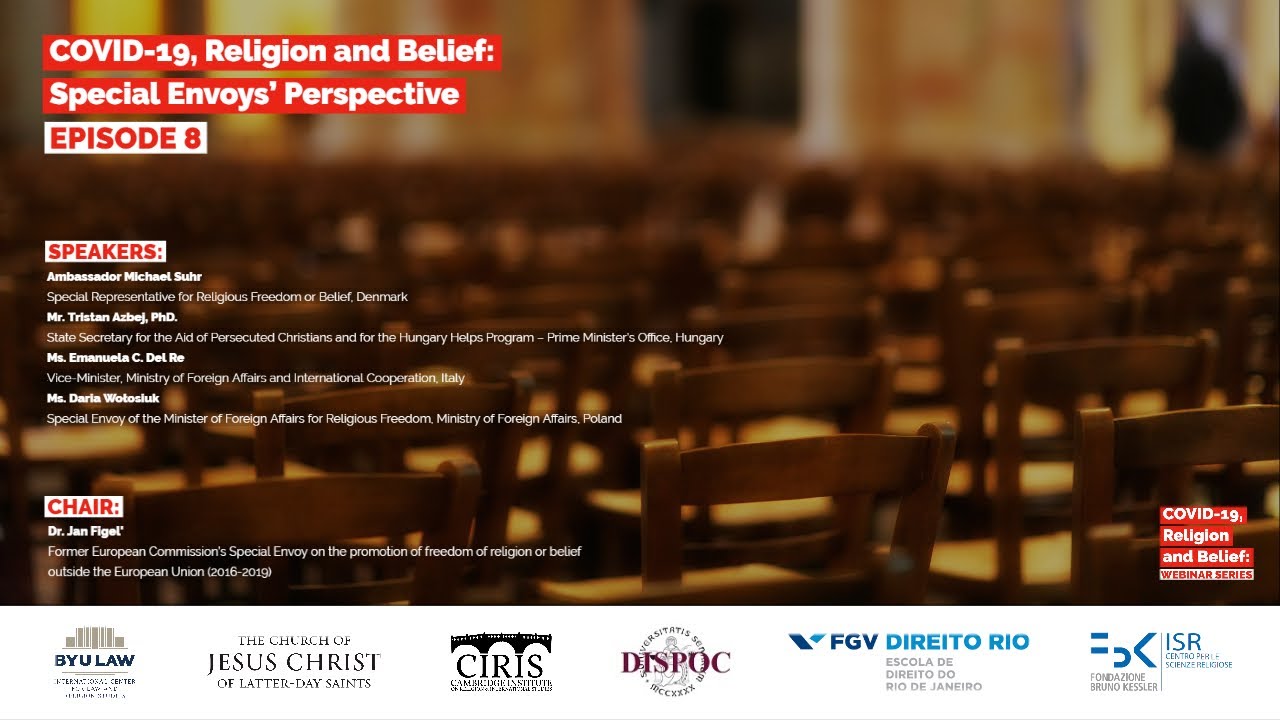Seven years ago, the EU Guidelines on freedom of religion or belief (FoRB) were adopted by the Foreign Affairs Council. Today, the FoRB community celebrates this informally as ‘EU FoRB Day’ and civil society take this opportunity to call for the renewal of the mandate of the Special Envoy.
This past April came and went with no decision by the Commission on the future of the mandate of the Special Envoy on Freedom of Religion or Belief (FoRB) outside the EU, which ended on 30 November 2019.
In January 2019, one of the last resolutions by the last EU Parliament was to lend its support to the renewal. The COVID-19 crisis notwithstanding, the Commission’s hesitation despite letters by MEPs and civil society calling for the renewal of the mandate, sends a signal to Europeans and the international community about its reticence to continue to promote this fundamental right.
Freedom of religion or belief is enshrined in Article 9 of the European Convention on Human Rights and Article 18 of the Universal Declaration of Human Rights. It protects the right of individuals to practise the religion or belief of their choice, or none at all – a freedom which is under threat in many parts of the world.
Against this backdrop, the Special Envoy role matters a great deal.
The mandate has had time to show that it is an effective tool in the EU’s diplomatic arsenal. On this very day in 2013 the EU Member States approved the ‘EU Guidelines on the promotion and protection of freedom of religion or belief’ which provide the policy framework for the Special Envoy’s mandate and are essential tools promoting FoRB in the EU’s external relations and in the EU’s international cooperation and development.
Dr Figel has supported the implementation of these Guidelines, making 17 official country visits to a wide range of countries. Whilst in country, the Envoy would regularly engage with national authorities and institutions, civil society, human rights organisations, as well as religious leaders and communities.
Moreover, the Special Envoy has illustrated to governments how FoRB can be promoted and protected effectively through the EU’s external action, for example, Asia Bibi, who spent years on death row in Pakistan on unfounded charges of blasphemy, acknowledged the role of the Special Envoy in securing her freedom in her first public appearance following her release. Likewise, Czech national Petr Jašek, who was jailed alongside two Sudanese pastors, also acknowledged Dr Figel’s role in securing his freedom.
Key to such success is the manner in which the EU Special Envoy is viewed as a neutral broker by many countries, which in turn has been critical in fostering dialogue among opposing actors. As a result, the European Commission had sent a strong signal to all international and multi-lateral partners about the efficacy and concrete results the Special Envoy yields for the EU and the wider international human rights-based approach. Not renewing the mandate would send mixed messages and forgo four years of constructive work.
Today, as the FoRB community commemorates the seven-year anniversary of the EU Guidelines on FoRB, the EU should honour this fruitful diplomatic post by renewing the mandate; it owes it to itself, Member States and to its founding fathers, whose principles of human dignity and common good are ever-relevant in the continual promotion of FoRB.
By CSW’s Europe Liason Officer Alessandro Pecorari


